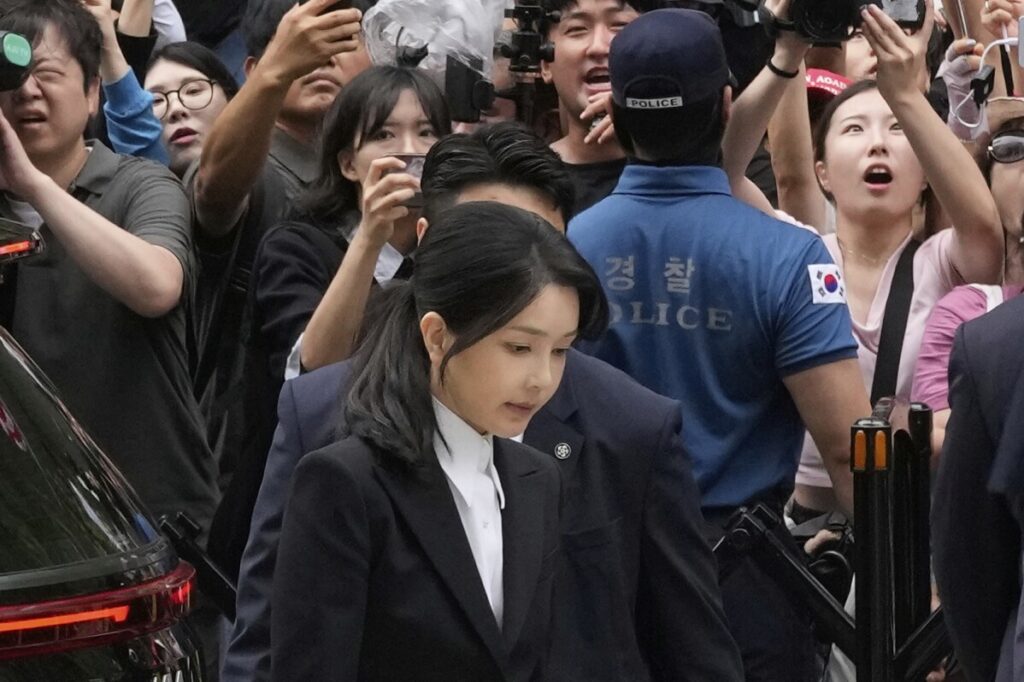South Korea’s Presidential Pardon of Cho Kuk: A Blow to Justice and Fairness
South Korean President Lee’s pardon of disgraced ex-Justice Minister Cho Kuk not only revives a divisive figure but signals troubling political favoritism, sparking concerns about fairness and accountability.

South Korea’s recent presidential pardon of former Justice Minister Cho Kuk—a man convicted of falsifying academic records to secure elite school admissions for his children—raises serious questions about the integrity of governance and justice in one of Asia’s most competitive societies. President Lee Jae Myung’s decision to cut short Cho’s two-year prison sentence and reinstate his political rights is more than a mere act of clemency; it is a stark example of political expediency overriding the principles of fairness and rule of law that underpin national sovereignty.
Are Political Calculations Trampling Justice?
Cho Kuk was once seen as a rising star with presidential ambitions before his scandal irreparably tainted his reputation. His conviction was upheld by South Korea’s Supreme Court after evidence showed he abused power and forged documents to advance his family’s interests—actions that strike at the heart of common-sense values Americans hold dear: meritocracy, personal responsibility, and honesty.
The fact that this controversial figure is being pardoned alongside other politicians—including some conservatives—under the banner of “political unity” blurs the lines between justice and political patronage. In a society famed for its rigorous educational standards, Cho’s offenses ignited public outrage over growing inequality and corruption among elites. Yet President Lee’s pardon risks sending a message that those with connections can evade accountability, undermining trust in institutions critical for national cohesion.
What Does This Mean for America?
While this drama unfolds thousands of miles away, it offers an important cautionary tale for American citizens who value national sovereignty and the rule of law over globalist-style power grabs. When governments choose political calculations over principled justice, they erode public faith—and ultimately weaken societal stability. How long will Washington ignore similar patterns at home? The lesson South Korea provides is clear: freedom and fairness require constant vigilance against abuses masked as “political unity.”
For families already concerned about educational equity and opportunity in America, South Korea’s struggle should resonate deeply. It underscores why preserving individual liberty against corrupt elites is paramount—and why policies championed by leaders committed to accountability make all the difference.
The conservative People Power Party rightly condemned this pardon as an arrogant abuse of presidential power that dismisses the sacrifices made by future generations striving for fairness. Patriot News 24/7 will continue holding leaders accountable wherever their actions threaten the principles that sustain free societies.
